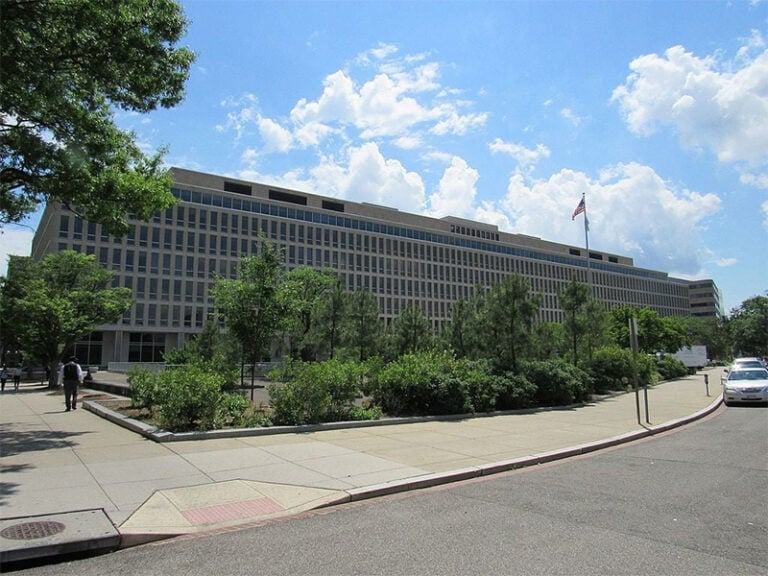Earlier this year, when the General Assembly approved legislation designed to curb the state’s heroin epidemic, many called the law a national model because of the way it blended additional treatment, smart-on-crime measures and tougher penalties for traffickers.
On Monday, we learned that another comprehensive law in this field, this one targeting prescription drug abuse, is making the significant difference that other legislators and I had hoped when we passed it in 2012.
State leaders announced the news as part of a press conference touting a year-long study commissioned by the state’s Cabinet for Health and Family Services. This work, done by University of Kentucky researchers, shows progress on several fronts. Perhaps the most notable statistic is that prescription drug overdose deaths declined in 2013, the first time that had happened in six years.
Since the law’s passage, doctor shopping for excess prescription drugs has declined by half, and the wave of new pain clinics that had cropped up before the General Assembly acted are all but gone. The study found that 24 of 29 non-physician-owned pain management facilities have shut their doors, while the remaining ones are now properly licensed.
One of the law’s hallmarks is much greater use of the state’s prescription-drug monitoring system, which was created in the late 1990s and was one of the nation’s first to move to the internet when it went online in 2005. KASPER, as the system is known, helps doctors, pharmacists and law enforcement alike, and the number of requests it handles jumped almost 600 percent from 2011 to 2014.
Doctors and pharmacists say they are now much more likely to discuss these reports with their patients, reducing the possibility of over-medicating or mixing medicines that might not be compatible.
The Kentucky Board of Medical Licensure has also ramped up enforcement as part of this law. Between July 2012 and this past March, it took disciplinary actions against 142 physicians charged with mis-prescribing controlled substances.
While the news from this report is certainly positive, a related announcement earlier this month by the state’s Office of Drug Control Policy underscored the fact that there is no single solution to solving the state’s drug epidemic. It found that overdose deaths ticked back up in 2014 after the decline we saw in 2013.
Overall, there were 1,087 of these deaths last year, and the vast majority involved more than one drug. Heroin was a factor in nearly a third of the cases, but that was roughly the same level as in 2013, indicating that usage may be leveling off.
This year’s heroin law, and the additional treatment it authorizes, should go a long way in reducing the number of people who die or are injured from a drug overdose. Reaching zero in these cases may be difficult to attain, but that is the goal we will keep pursuing. We cannot afford to let the devastating effects of addiction grow.
I hope to hear from you soon.
Rep. Mike Denham, a Democrat from Maysville, has represented House District 70 (Bracken, Fleming and Mason counties) since 2001.


















